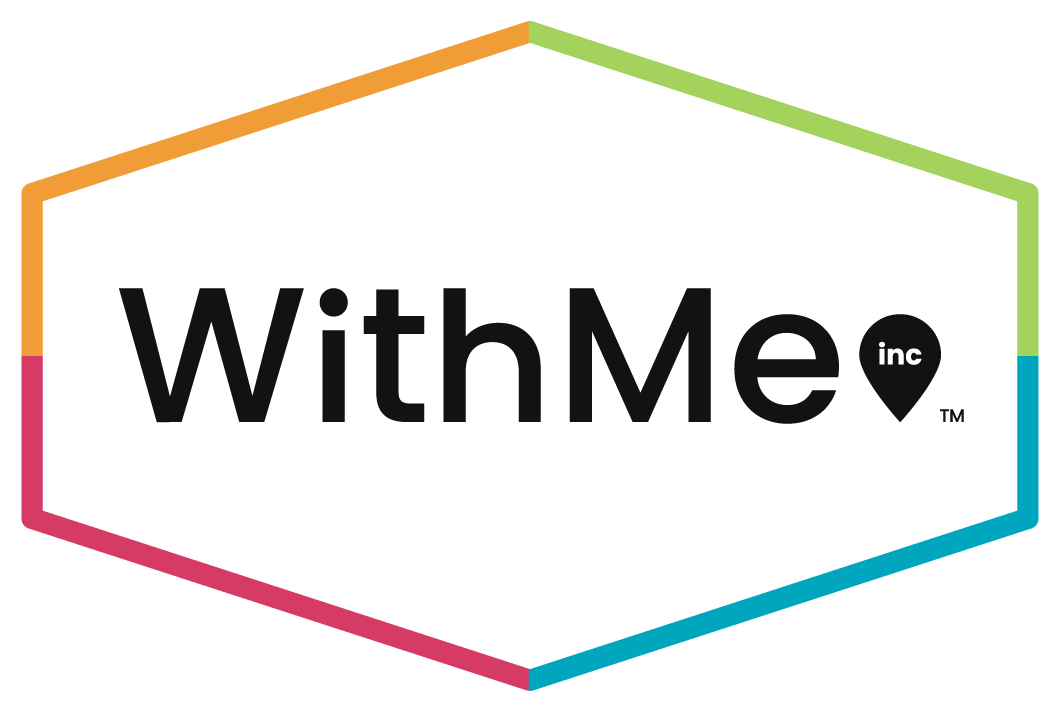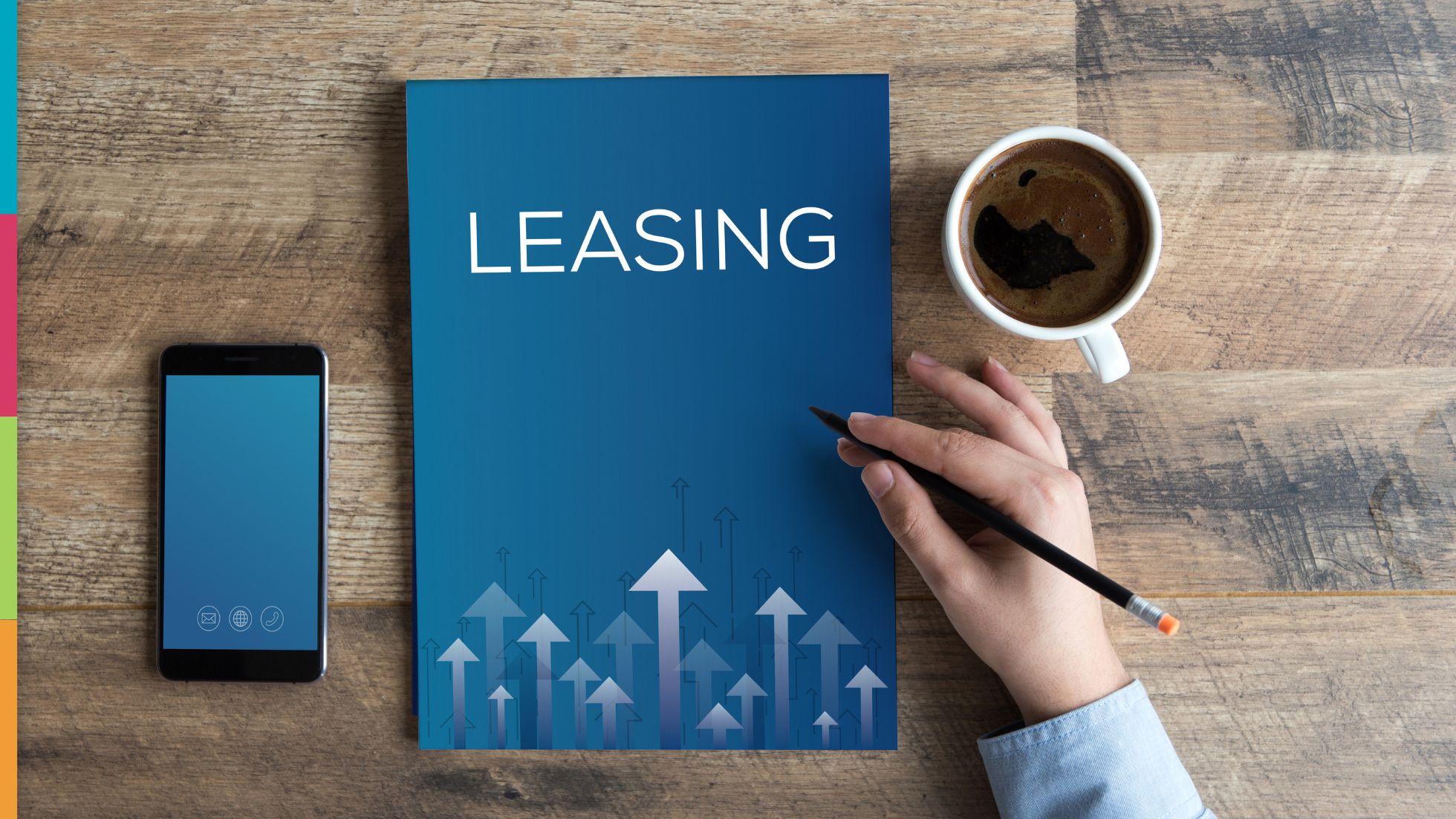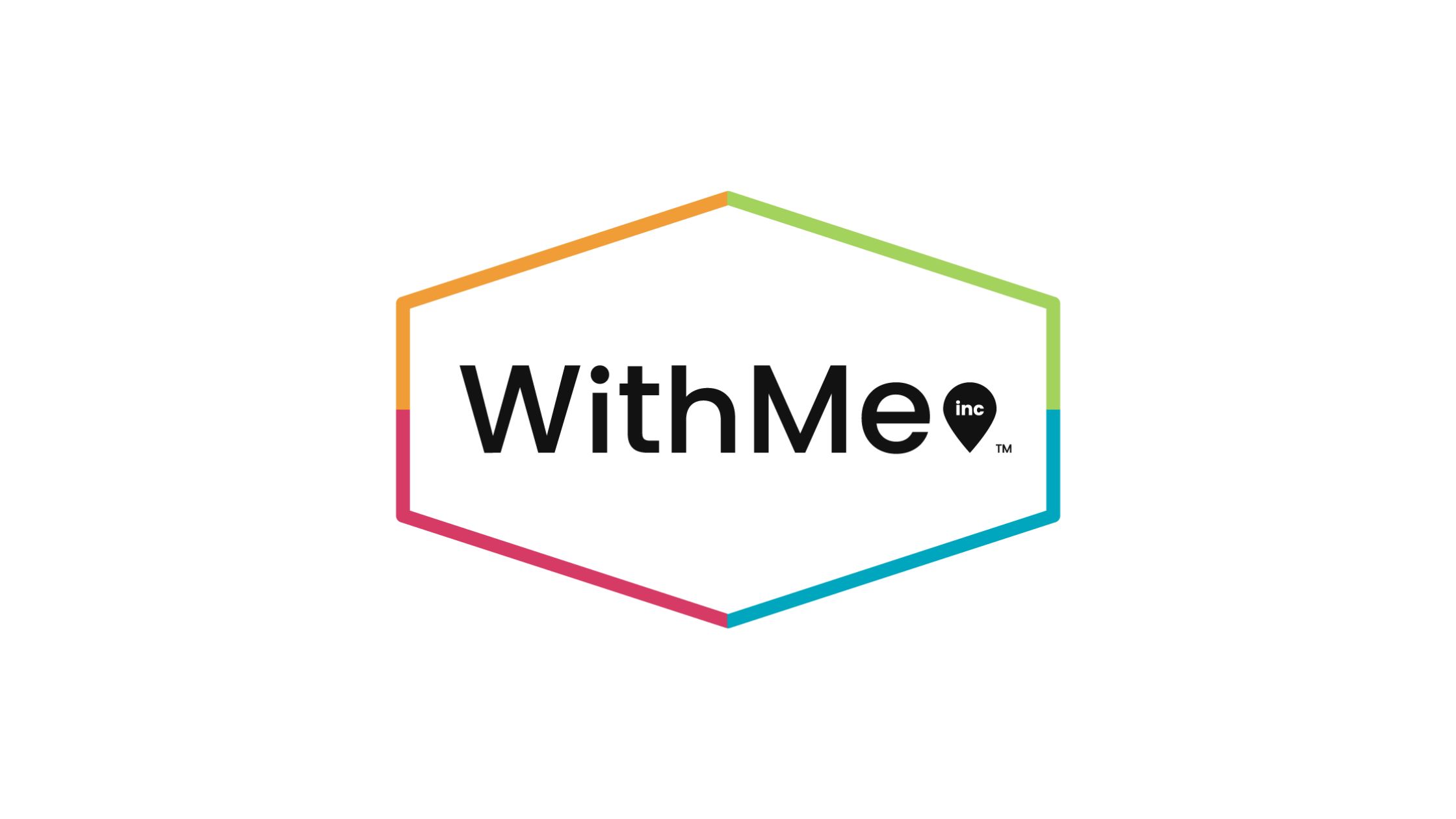The multifamily budgeting season can be stressful, and this year, COVID-19 has not made it easier. After analyzing data from multiple studies, here are our top five insights to help you plan for the 2021 fiscal year.

Every year during fall and winter, property managers and owners nationally bury their heads in excel and balance sheets in an effort to anticipate and account for expenses that are ahead next year - this is known as multifamily budgeting season. And while most property managers and multifamily executives are no stranger to budgeting for the future, the real conversation this year is “How do you budget for a future that seems so unpredictable due to COVID-19?”
Read our top budgeting tips on how you can add value to your properties.
A crucial aspect of budgeting is about managing expectations of variable stakeholders, from ownership to your staff and residents. For the past few months, the conversation around the “new normal” for multifamily has dominated the headlines in forums, news sites, and webinars. It is easy to be carried away by the transformational and expensive COVID-19 ideas we could implement in the multifamily landscape (for example, implementing hospital-grade ventilation throughout apartments), but realistically, we need to ask ourselves the million-dollar question: “What exactly do existing residents and prospective residents need and want for the next year, and in the long-term?”
In times of uncertainty, we turn to data. Our team at PrintWithMe has pulled together our top five takeaways for the 2020-2021 budgeting season after reviewing the data and insights from leading multifamily surveys to guide your thoughts and decide on the year ahead.
1. 42% of renters are unsure about their rental stability moving forward, according to the “COVID-19 MultiFamily Housing Renters Perspective Study”
Rent payment is one of the most important revenue sources for management companies and there has been serious, steadfast concern throughout 2020 about whether residents will be able to afford their rent as the economy slows due to COVID-19. While the NMHC Rent Payment Tracker had reported that 86.8% of households made a rent payment by October 13th, 2020, 42% of renters said they are unsure if they are going to make rent in the next 90 days.
It is crucial that we empathize with the residents whose livelihoods may have been severely impacted due to COVID-19 by providing them with resources to help them make rent payments. Other than potentially waiving late fees, property managers can also consider gathering resources online about rental assistance for their residents who might need them and creating cheat sheets regarding these resources for easy reference.
These are stressful times and residents are more likely to renew their lease if they know that their management cares deeply about them and their families regardless of their financial position.
2. Sustaining a feeling of community and effective communication are amongst the top controllable factors to retain residents, especially during COVID-19.
Lia Nichole Smith, the VP of Education and Performance at SatisFacts, said that their studies also demonstrate the shift in residents’ expectations in the frequency and consistency of communications they’ve received from their property staff.
“When [on-site] offices are still closed, residents don’t think anybody’s working because they can’t see their on-site staff and they can’t see their dollars at work,” said Smith
When you’re budgeting for 2021, Smith recommends adopting creative ways, such as slipping a letter at their resident’s door, posting regularly on social media, and sending email updates to keep their residents engaged especially when it comes to COVID-19 related communications.
For digital communications, properties should consider investing in apartment mobile app communication tools, which allow residents and staff to network socially and communicate directly with each other safely online. Explore new multifamily app technologies that enable digital guest check-ins, digital amenity bookings, and virtual resident events. For non-digital communications, plan for the costs of printing additional papers, flyers, and posters that can help with resident education.
3. Social media is one of the top factors that drive renewal among residents.
A recent survey from SatisFacts also notes that residents are very aware of a community’s social media efforts, and lack thereof.
“Residents are willing to pay more for a place that, to the outside world, looks like they’re celebrating their residents on social media in a positive way,” said Smith.
Fortunately, communicating with your residents via social media, including Instagram and Facebook, is made increasingly simple by using existing social media templates across the internet.
4. 86% of renters still aren’t sure if they would continue working from home or to return to the office.
According to the World Economic Forum, a whopping 98% of people surveyed said they would like the option to work remotely for the rest of their careers. However, while we know that the majority of the working population is growing to embrace the transition to working-from-home, 86% of residents are not sure if they will continue to work-from-home after the pandemic concludes, according to the COVID-19 National Renter Study by SatisFacts.
Nonetheless, noting most people’s significant desire to remain in a work-from-home environment, property managers should consider factoring into the 2021 budget new work-from-home solutions to support their residents. The good news is that these new solutions do not have to be expensive, like installing phone booths or buying copper-based gym equipment.
Based on an internal study with SatisFacts, which will be made public in the coming weeks, we found that the top 2 amenities that could increase productivity for residents working/schooling from home are faster internet options (56.4%) and wireless self-service printing, copying, and scanning services (52.6%) - like PrintWithMe.
“Anything that makes working and schooling from home easier for residents will be crucial for at least the next six months,” said Smith. “I think a WiFi extender will make a great renewal gift.”
As you analyze new resident amenities that support working remotely, we suggest you look into the following factors:
- Short or flexible lease terms, giving you the opportunity to test out new solutions.
- Hassle-free and easy to implement.
- Affordable and non-budget constraining.
- Safe, secure, and easy to use for residents.
5. Renters are (still) willing to pay more for a community and neighbors they love.
According to the COVID-19 National Renter Study by SatisFacts, “Making certain residents feel connected to where they live will positively impact future renewal decisions. In a time of such uncertainty, renters are looking for stability; and they are craving to connect and feel a sense of belonging.”
“Residents want to see if their management has really stepped up their game to go above and beyond for them,” said Smith. “They are willing to pay more for a community that they can vouch for and that they will be confident in recommending their best friend to stay at the same building.”
The budget that may usually be set aside for residents' activities and in-person events could be reallocated to curating fun virtual events, thoughtful and safe gifts, and digital streaming fitness classes.
“I always suggest the ‘Take One, Give Two’ concept,” said Smith. “When you take one amenity away from your residents, you have to give them two in return. For example, if you’re announcing the temporary closing of your fitness center, you should consider providing online fitness classes or virtual fitness memberships so that your residents don’t feel like they are losing.”
The key here is to help your community stay connected while apart by offering gathering opportunities that are social-distance-friendly.
To summarize, as you create your annual budget for 2021, make sure to consider 1) providing rental assistance resources, 2) communicating regularly and effectively with your residents, 3) strengthening your community virtually, and 4) investing in important, affordable, and easy-to-implement resident amenities that help your residents work and school from home. Good luck!



